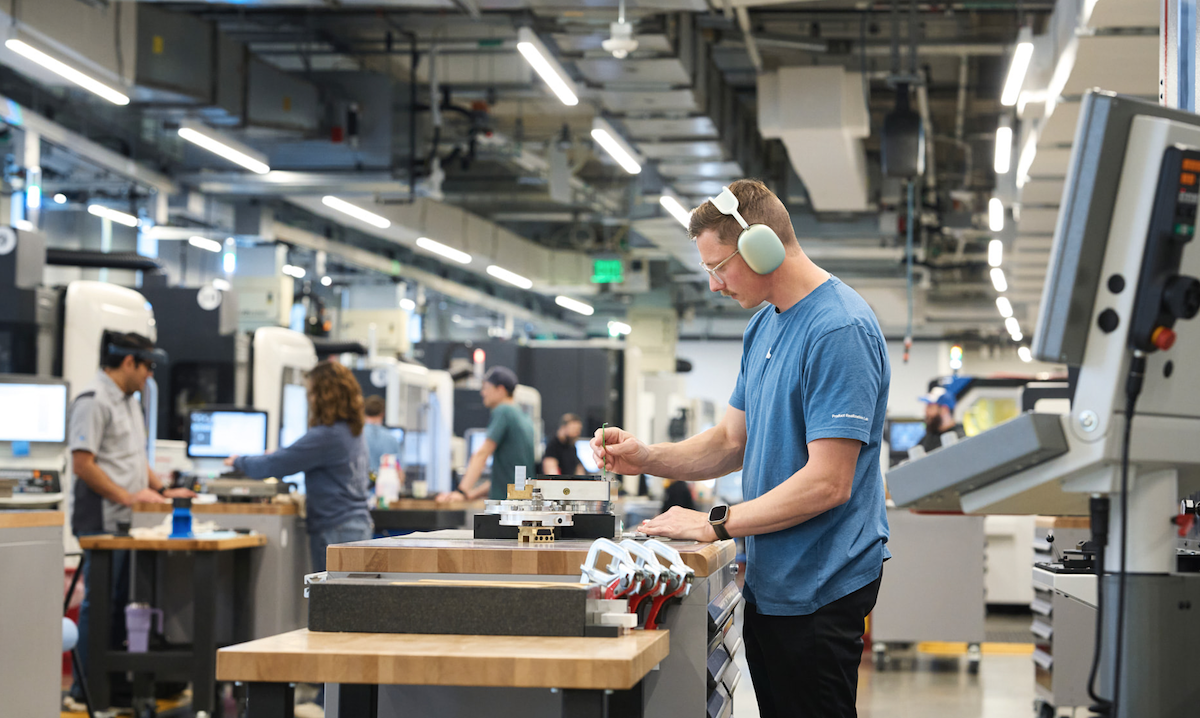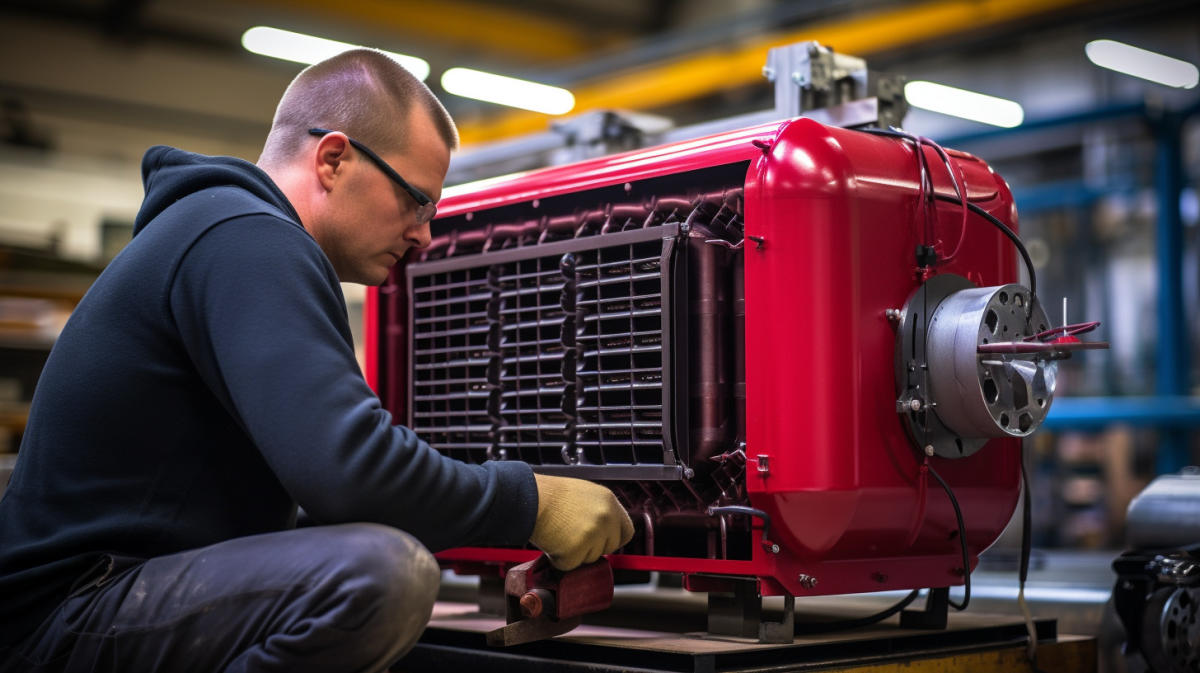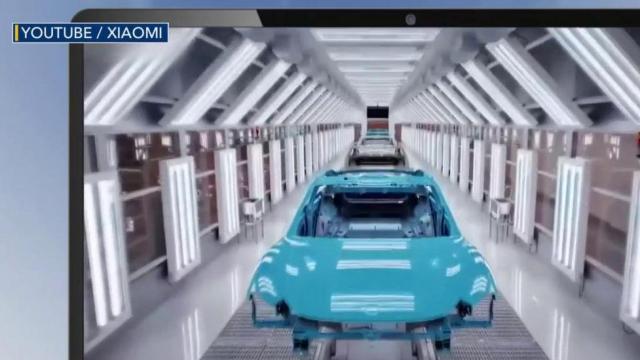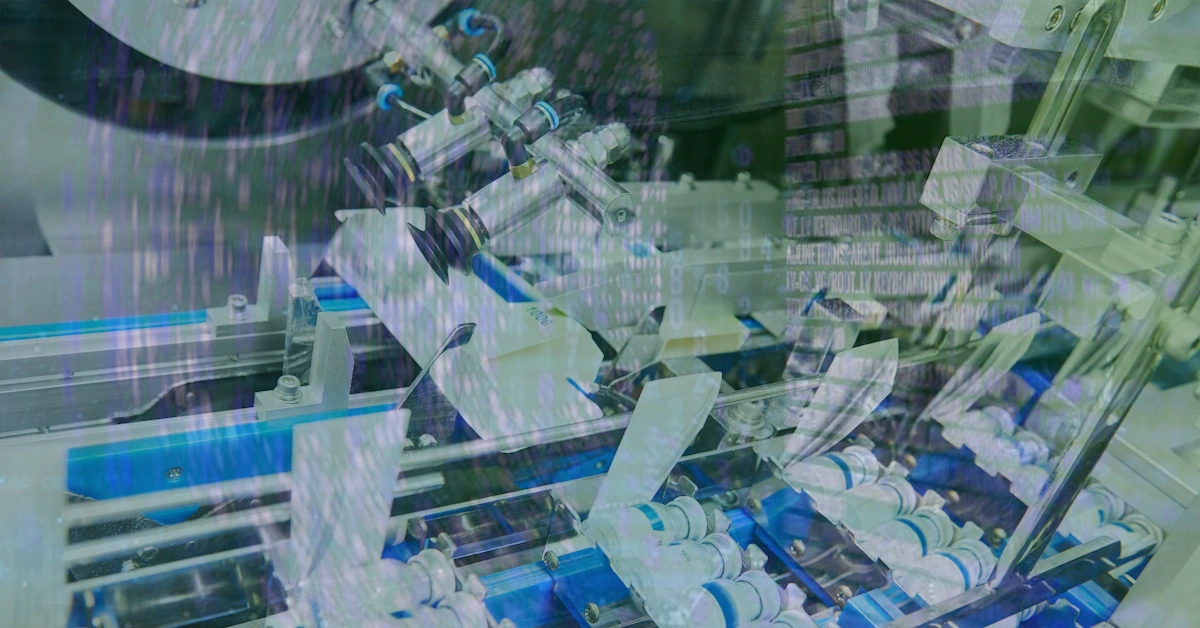Manufacturing Meltdown: America's Industrial Decline and the Global Shift
Manufacturing
2025-04-14 00:00:00Content

In a bold economic strategy, President Trump champions tariffs as the key to revitalizing America's manufacturing sector, promising to breathe new life into industrial communities that have long struggled with economic decline. However, economic experts are casting doubt on the effectiveness of this approach.
The president argues that imposing strategic tariffs will protect domestic industries, create jobs, and strengthen American manufacturing competitiveness. By placing targeted taxes on imported goods, Trump believes he can level the playing field for American workers and companies.
Yet, leading economists warn that the strategy might backfire. They argue that tariffs could potentially increase production costs, reduce consumer purchasing power, and trigger retaliatory trade measures from other countries. The complex global economic landscape suggests that protectionist policies might create more challenges than solutions.
While Trump remains steadfast in his conviction that tariffs will restore manufacturing might, economists continue to debate the long-term economic implications of such aggressive trade policies. The ongoing tension between political rhetoric and economic analysis highlights the complexity of international trade dynamics.
As the debate continues, American workers and businesses watch closely, hoping for a resolution that will genuinely support economic growth and job creation.
Tariff Tactics: Unraveling the Complex Landscape of American Manufacturing Revival
In the ever-evolving arena of economic policy, the debate surrounding tariffs and their potential to reinvigorate American manufacturing continues to captivate policymakers, economists, and industry leaders alike. The intricate dance between protectionist strategies and global economic dynamics presents a multifaceted challenge that demands nuanced understanding and strategic approach.Navigating the Turbulent Waters of Economic Transformation
The Tariff Conundrum: Economic Strategy or Political Gambit?
The implementation of tariffs represents a complex economic intervention that extends far beyond simple trade restrictions. Economists and policy analysts have long debated the potential impacts of such protectionist measures, examining their intricate implications for domestic manufacturing, international trade relations, and overall economic competitiveness. The strategy involves a delicate balance between protecting domestic industries and maintaining global economic engagement. Historically, tariff policies have demonstrated mixed results, with potential benefits often accompanied by unintended consequences. Domestic manufacturers may experience short-term protection, but long-term global competitiveness requires more comprehensive approaches. The interconnected nature of modern global economics demands sophisticated strategies that go beyond traditional protectionist measures.Manufacturing Resilience: Beyond Tariff Mechanisms
The revival of American manufacturing necessitates a holistic approach that transcends simple trade barriers. Innovation, technological advancement, workforce development, and strategic investment emerge as critical components of sustainable industrial growth. Successful economic transformation requires a multifaceted strategy that addresses structural challenges within the manufacturing ecosystem. Advanced manufacturing technologies, including artificial intelligence, robotics, and precision engineering, represent pivotal opportunities for industrial revitalization. These technological interventions can potentially offset labor cost disparities and enhance productivity, creating a more competitive landscape for domestic manufacturers.Global Economic Dynamics and Competitive Positioning
International trade relationships have become increasingly complex, with geopolitical considerations playing a significant role in economic strategies. Tariff implementations must be viewed through a comprehensive lens that considers diplomatic relationships, supply chain resilience, and long-term economic sustainability. Emerging markets and technological innovations continue to reshape global manufacturing landscapes. Countries that successfully adapt to these transformations by investing in human capital, technological infrastructure, and strategic economic policies are more likely to maintain competitive advantages in the global marketplace.Policy Implications and Strategic Considerations
Economic policymaking requires nuanced understanding and adaptive strategies. While tariffs might offer temporary protection for specific industries, sustainable economic growth demands comprehensive approaches that address fundamental structural challenges. Workforce training, technological innovation, and strategic investment emerge as critical components of successful industrial policy. The intricate relationship between government intervention and market dynamics necessitates careful analysis and strategic implementation. Successful economic policies must balance protective measures with opportunities for innovation, entrepreneurship, and global competitiveness.Future Outlook: Navigating Uncertainty
The future of American manufacturing remains contingent upon adaptive strategies that embrace technological innovation, workforce development, and strategic economic positioning. Policymakers must develop flexible approaches that can respond to rapidly changing global economic landscapes. Continuous investment in research and development, advanced manufacturing technologies, and human capital will be crucial in maintaining and enhancing the competitive position of American industries in the global marketplace.RELATED NEWS
Manufacturing

NAFTA's Economic Shadow: Trump's Controversial Claims About Vanishing American Manufacturing
2025-04-15 13:46:27
Manufacturing

Tech Giant's Massive Hiring Spree: Apple to Inject 20,000 New Jobs into US Economy
2025-02-24 13:53:05
Manufacturing

Beyond the Buzz: Could This Industrial Player Be Your Secret AI Investment Gem?
2025-05-05 21:39:56




